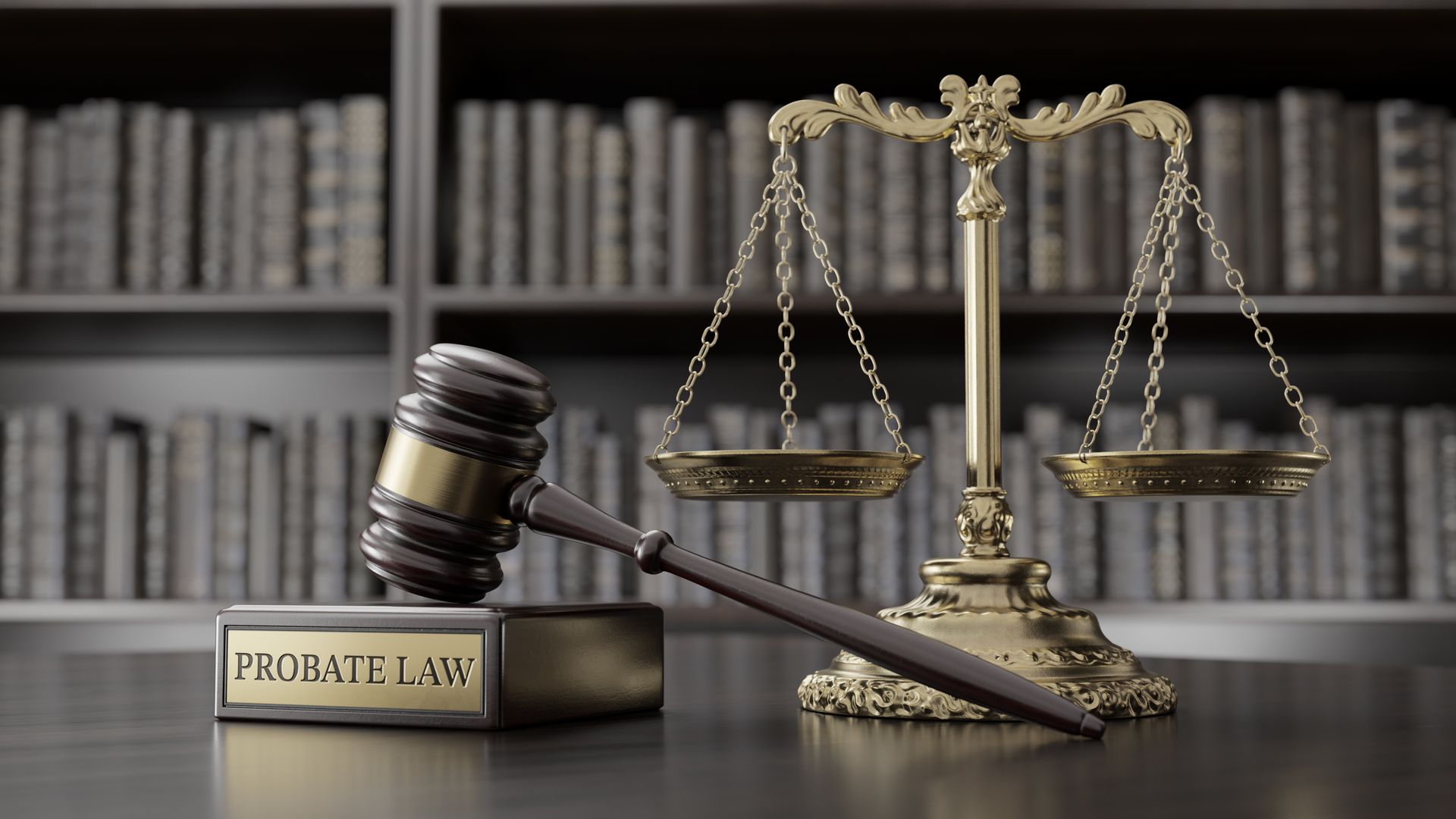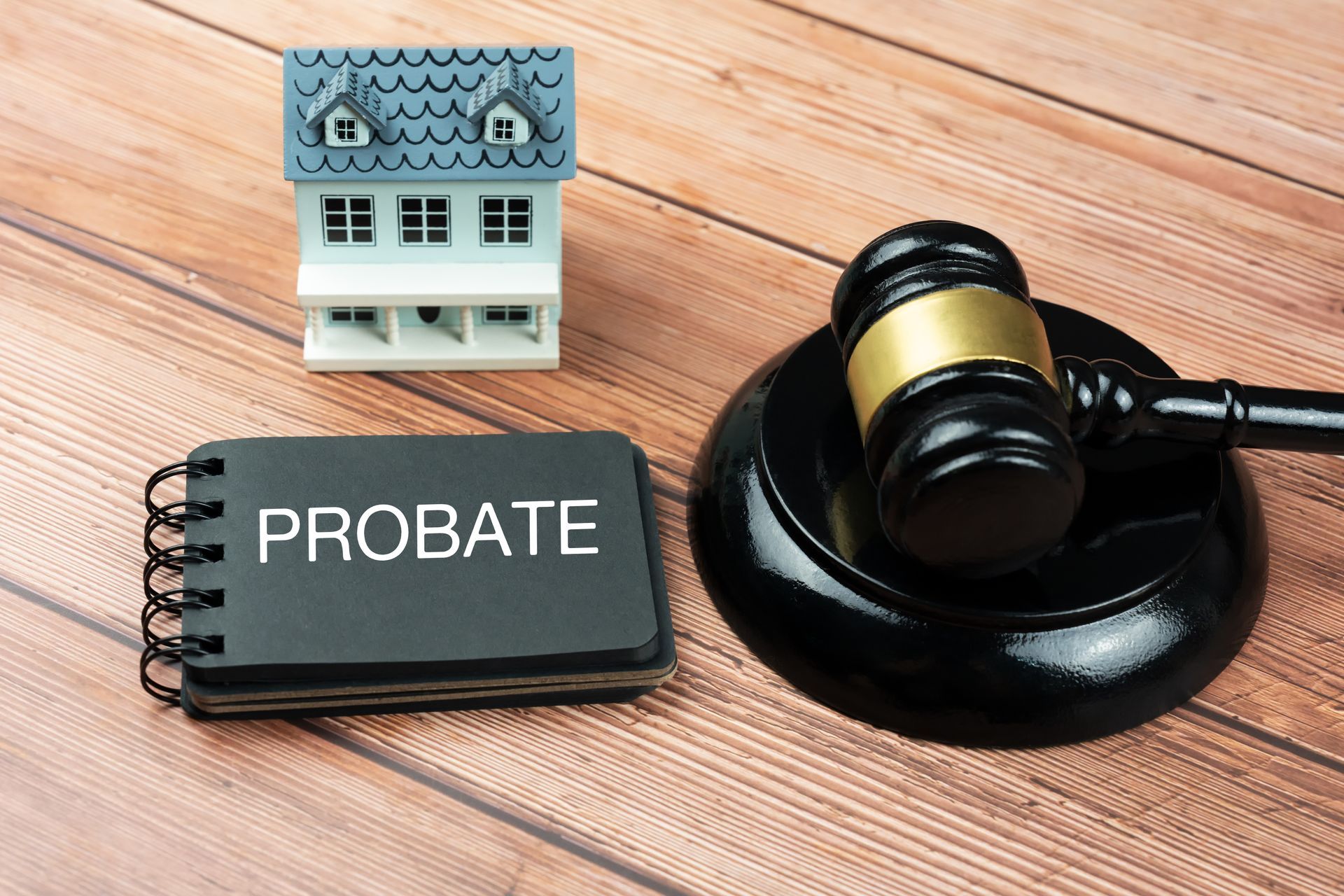Revocable Trusts vs. Irrevocable Trusts – Understanding the Difference for Florida Residents

Estate Planning
Estate planning in Florida is a set of activities that includes creating different documents to determine the distribution of your property after the death. As a comprehensive activity, estate planning covers wills, trusts, power of attorney, statements of desire, and other documents.
However, the essential estate planning instrument is trust. Trusts are an irreplaceable tool for achieving various financial objectives.
What is a Trust?
According to Florida law, a trust is a written document (a contract) between a settlor (a trustmaker) and a trustee that benefits one or more designated beneficiaries. A trustmaker (also called a grantor) establishes the trust by transferring the legal title of their property to a trustee – a person with fiduciary duties to the trust. A trustee ensures that current or future beneficiaries receive benefits according to the trust agreement provisions.
In Florida, there are two types of trusts: revocable and irrevocable. To help Florida residents better understand the difference, below is a comparison between the two:
Revocable Trust
A revocable trust is an estate planning tool that enables transferring the legal title of your assets to a person called a trustee.
Section 736.0103(17) of Florida Statutes governs revocable trust. Under that section, the trustmaker (settlor or grantor) is a property owner creating the terms of the trust agreement. The settlor signs the document with the trustee, establishing the trust. The trustee, as a fiduciary, takes care of the assets ensuring that the designated beneficiaries receive their benefits according to the terms of the trust document. The beneficiaries benefit from the trust (usually spouses or children).
A living trust in Florida is revocable, meaning that the trustmaker can revoke it until their death. That proves to be one of the most significant advantages over irrevocable trusts. Life circumstances change over time, causing us to alter the way how we think and feel about other people. The person designated as a beneficiary can also transform, so the grantor may want to leave their assets to another person.
Another benefit of a revocable trust (shared with irrevocable trusts) is avoiding probate. Both revocable and irrevocable trust produce the same effect. Establishing trust in Florida means inheritors do not have to go through probate. Since the property is part of the trust, the trustee is responsible for transferring it to beneficiaries. There is no need for court approval.
Furthermore, there are shared revocable trusts in Florida. Creating a shared revocable trust is a practice between spouses who co-own the property.
Moreover, establishing a revocable trust enables transferring assets after death. That is a convenient option for married couples who do not want to convey the property upon creating the trust. The law allows them to transfer the legal title to trust after one spouse dies.
In addition, a revocable living trust in Florida can provide asset protection from creditors. However, that is possible only if the settlor establishes a trust for the benefit of their children or other designated beneficiaries. The Florida Trust Code does not allow asset protection if the grantor establishes it for their advantage.
Irrevocable Trust
The provisions of an irrevocable trust agreement prohibit revocation or any change to the trust arrangement after its establishment. After creating an irrevocable trust in Florida, a trustmaker cannot change their mind regarding the transfer of property.
Designated beneficiaries of the irrevocable trust have indefinite right to the estate after the settlor signs the agreement. Beneficiaries of certain irrevocable trusts in Florida enjoy protection from creditors following the death of the trustmaker.
What makes trust irrevocable? It is irrevocable if a grantor has no legal right to revoke (take back) the assets conveyed to the trust. In Florida, the so-called testamentary trusts are irrevocable by default. These are the trusts the settlor creates through a will. They are irrevocable because the grantor is already deceased when it comes into effect.
The bottom line is that the trustmaker of an irrevocable trust cannot modify the trust agreement by taking back the assets transferred to the trust or changing the beneficiaries.
The way irrevocable trusts work is almost identical to a revocable trust. The main difference is that, after transferring assets to the trust, the trustee takes over managing the property in the best interest of the beneficiaries. The discretion granted to the trustee can vary depending on the type of irrevocable trust.
The logical question is: why would anyone want to create an irrevocable trust giving up the power of modifying it in the future?
One of the main reasons is related to inheritance taxes. From a tax perspective, conveying the property to an irrevocable trust removes the taxes from the estate. Tax authorities view revocable trusts differently. They are interested in who controls the property, not who has a legal title. From that point of view, a person who has the authority to take back the property at any time is a factual owner who pays the taxes. Although the trustee technically has the legal title over the property in a revocable trust, the grantor is the one who controls it. That is why establishing an irrevocable trust is the best option if minimizing inheritance taxes is your priority.
Besides, irrevocable trusts are suitable for senior Florida residents who cannot afford nursing home care but do not qualify for Medicaid or Managed Care Program. The so-called Qualified Income Trust enables them to apply for these programs with higher income, while their children can eventually inherit the remaining property.
Irrevocable trusts can also serve charitable purposes. Florida law allows the creation of a Charitable Remainder Trust that enables the trustmaker to convey the assets to the trust while receiving distribution for a specified period or a lifetime. The remainder goes to a designated charity.
Additionally, Florida residents can enjoy the benefits of the Irrevocable Life Insurance Trust enabling the settlor to hold a life insurance policy and keep the returns out of court and the tax system.
Finally, the so-called self-settled irrevocable trust allows Florida residents to convey the assets into the trust (as grantors) while the trustee uses the property for their benefit.
The law allows the trustee and all qualified beneficiaries to terminate the irrevocable trusts in Florida through unanimous agreement.
As an exception, Florida allows modification of an irrevocable trust. Modifying is possible by moving assets to another irrevocable trust. Also, beneficiaries can change it by replacing the trustee.
Summary
Both revocable and irrevocable trusts provide Florida residents with various benefits. The difference between the two is about who controls the assets. If you want to keep control over the property and have an option of revoking the trust when a change of circumstances occurs – a revocable trust is a way to go. On the other hand, if you find tax, insurance, and charitable aspects more appealing, an irrevocable trust is the best option.










